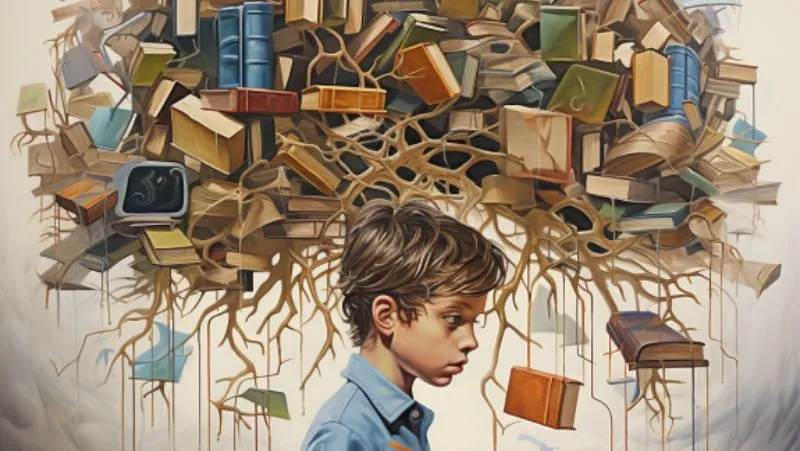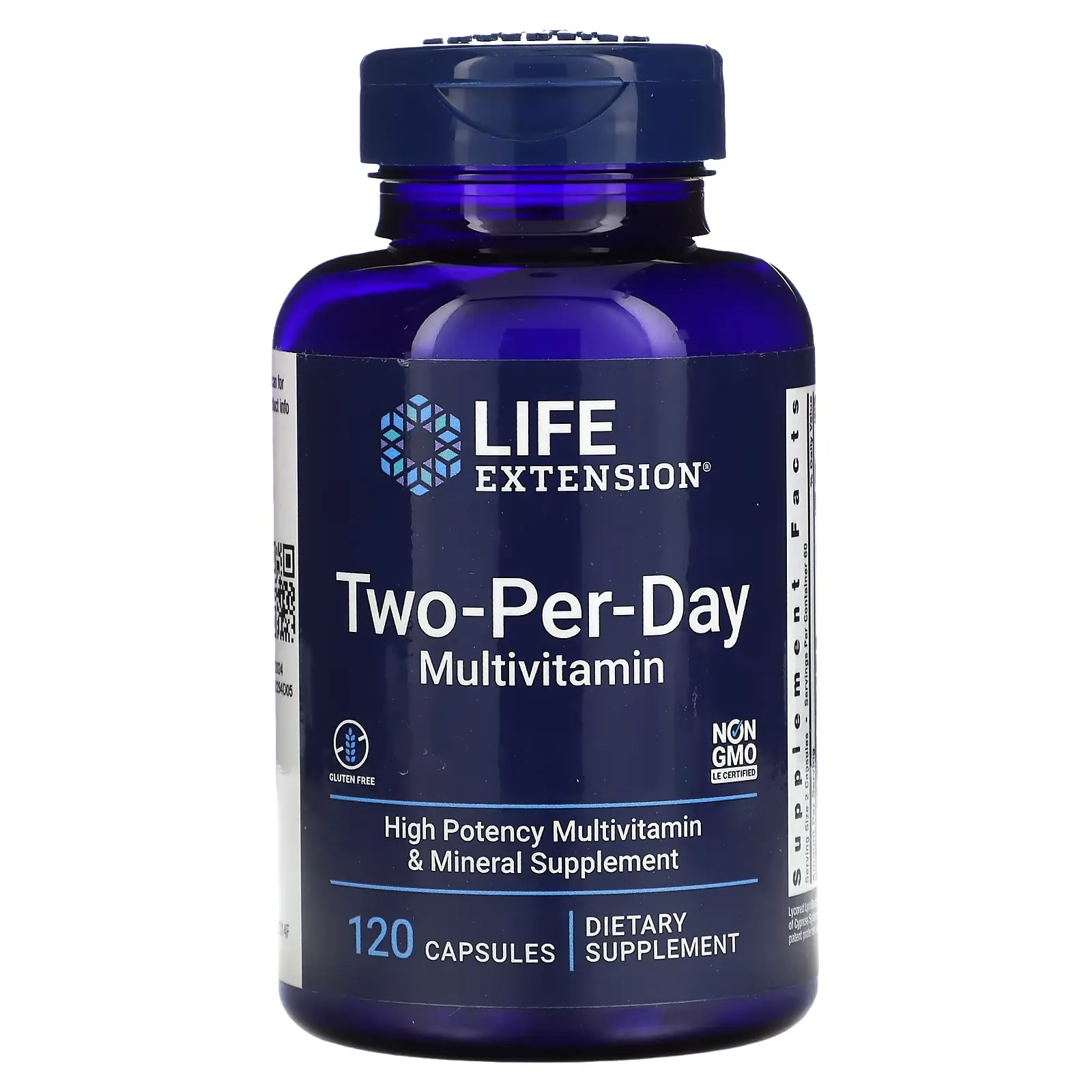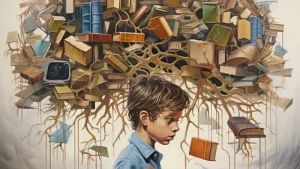Spoilers for this article
- ashwagandha (type of Indian cactus)school (e.g. of ikebana)stressEffective in improving cognitive function through relaxation.
- ashwagandha (type of Indian cactus)is oxidation in the brainstressand reduce theNerve growth factor (NGF)By encouraging an increase inbrain functioncan be improved.
- ashwagandha (type of Indian cactus)Also explains the amount and timing of intake of
"Lately.(powers of) concentrationI feel like I can't keep up and I'm having trouble remembering things..."
."supplementindicates certainty, emphasis, etc.brain functionI want to improve, but I don't know what works..."
"To try.ashwagandha (type of Indian cactus)But I want to know about the effects and the dosage first. But I want to know about the benefits and dosage first."
For these people, this timeashwagandha (type of Indian cactus)due tobrain functionThis section provides easy-to-understand explanations of the improvement effects, mechanisms, and effective intake methods of
(powers of) concentrationand ... andmemoryIf you're interested in the UP, this is a must see!
(By the way.manager(I'm not that smart myself...)
What is ashwagandha in the first place?
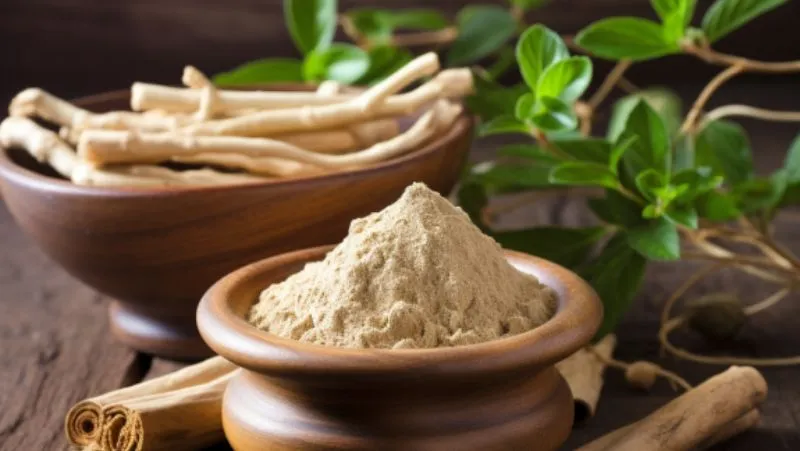
ashwagandha (type of Indian cactus)(scientific name: Withania somnifera Dunal) has been used for thousands of years in Ayurveda, the traditional medicine of India, to treat both physical and mental health problems.stressThe herb has been used as an effective medicine, tonic, and even aphrodisiac.
Nowadays, the effectiveness of these products has been proven by modern science through various clinical studies, and they are attracting attention.
The fruit is an evergreen shrub of the eggplant family. The name comes from the horse's (ashwa) smell (ganda).
Some say it is named after the robust vigor of horses.
▼Recommended Articles

Ashwagandha Improves Brain Function

In general, theashwagandha (type of Indian cactus)The following is a list ofbrain functionIt is said to be effective in improving
Ashwagandha Improves Brain Function
- memoryImprovement of
- (powers of) concentrationImprovement of
- stressmitigation
- anxiety symptomsMitigation of
- memoryImprovement of
ashwagandha (type of Indian cactus)To,memoryIt is reported to be effective in improving In particular, it is believed to be effective against cognitive decline due to aging. (Choudhary et al., 2017) - (powers of) concentrationImprovement of
ashwagandha (type of Indian cactus)To,attentivenessand ... and(powers of) concentrationIt has been reported that the effect of this product is to improve This is,ashwagandha (type of Indian cactus)is associated with increased levels of the neurotransmitter acetylcholine in the brain. (Raut et al., 2012) - stressMitigation
ashwagandha (type of Indian cactus)To,stressIt has been reported that it is effective in reducing This is,ashwagandha (type of Indian cactus)andstressIt's hormonal.cortisolis related to the suppression of the secretion of (Chandrasekhar et al., 2012) - anxiety symptomsMitigation of:
ashwagandha (type of Indian cactus)To,anxiety symptomsIt has been reported that it is effective in reducing This is,ashwagandha (type of Indian cactus)is associated with increased levels of serotonin and γ-aminobutyric acid (GABA) in the brain. (Pratte et al., 2014)
References.


Mechanisms of Ashwagandha's Effects on Brain Function
ashwagandha (type of Indian cactus)andbrain functionThere are a variety of mechanisms that affect the
I want to know the mechanism/reason!" for those who want to know how and why.
Below is a list of some typical mechanisms.
Mechanisms of Ashwagandha's Effects on Brain Function
- stressHormone regulation
- antioxidant action
- Increased nerve growth factor
- Activation of GABA receptors
- stressHormone regulation:.
ashwagandha (type of Indian cactus)isstressIt is a type of hormonecortisolIt is known to inhibit the secretion of
cortisolWhen excessive secretion ofbrain functionThis may have a negative impact on the
ashwagandha (type of Indian cactus)By ingestion of,cortisoland can regulate the secretion ofbrain functionIt is believed that this will lead to the maintenance and improvement of - antioxidant action: : The
ashwagandha (type of Indian cactus)has a strongantioxidant actionThere are
antioxidantis a cell oxidizing agent that neutralizes reactive oxygen species generated in the body, thereby preventing the oxidation of cells.stressand reduce thebrain functionIt helps maintain and improve the - Increased nerve growth factor:.
ashwagandha (type of Indian cactus)To,Nerve growth factor (NGF)It has been reported that this effect promotes an increase in
NGF is responsible for supporting neuronal growth and function, andbrain functionIt is believed to lead to the proliferation and survival of neurons involved in - Activation of GABA receptors:.
gamma-aminobutyric acid (GABA)The neurotransmitter, which has a sedative effect and is calledstressIt helps to relieve and relax.
ashwagandha (type of Indian cactus)by activating GABA receptors,brain functionIt is believed to promote relaxation of the
Ashwagandha and Stress
brain functionschool (e.g. of ikebana)stressThe company has been considerably influenced by the
In this section.stressandbrain functionrelationship, and theashwagandha (type of Indian cactus)andstressI would like to explain the impact on the mitigation of
stressEven those who are already struggling withashwagandha (type of Indian cactus)It is also recommended for those who take
Stress and brain function
stressis a problem that many people face in today's society, and its effects are known to extend to physical and mental health.
In particular, thebrain functionSince it often has a negative impact on thestressIt is important to know about the brain changes caused by
Stress and brain function
- Destruction of brain neurons
- Interferes with the generation of new nerve cells in the brain
- Disrupts the balance of substances in the brain
- memoryand ... and(powers of) concentrationLowering the
- Causes cognitive decline
- Destruction of brain neurons:.
stresscontinues, nerve cells in the brain are destroyed.
Destroyed nerve cells will never regenerate and may result in reduced brain function. The destruction of brain cells is known to reduce the ability to make decisions, solve problems, and control emotions.
The destruction of brain cells may also increase the risk of neurodegenerative diseases.
- Inhibition of the generation of new neurons in the brain:.
There are places in the brain where new nerve cells are generated.
However, thestressmay interfere with the generation of these new neurons.
stressThe brain functions deteriorate over a long period of time, and thememoryand ... and(powers of) concentrationand learning ability.
- Disrupts the balance of substances in the brain:.
stressis known to disrupt the balance of substances in the brain.
stressIf a prolonged period ofstressIt's hormonal.cortisolsecretion increases and the amount of substances such as serotonin and dopamine in the brain decreases.
For this reason,depressionand anxiety disorders and other psychiatric disorders may be induced.
In addition, thestresscan cause an imbalance of neurotransmitters in the brain, which can lead to anxiety anddepressionmay cause the symptoms of the disease to worsen.
- memoryand ... and(powers of) concentrationLowering the
Long-termstressismemoryand ... and(powers of) concentrationIt is known to lower the
stresscontinues, the brain is not supplied with the energy it needs. This causes the brain to function poorly and(powers of) concentrationand ... andmemoryA decrease in the
In addition, thestressmay alter neural circuits in the brain, which can lead to cognitive decline.
- Causes cognitive decline:.
stressover a long period of time can cause cognitive decline.
Cognitive function refers to brain functions such as thinking, language, learning, memory, judgment, and problem solving.
stresscontinues, the brain'sstressHormone secretion may increase and nerve cell function in the brain may decrease.
This can cause cognitive decline. Cognitive decline can also cause problems in daily life.
- stressHow to manage:.
stresshas a tremendous impact on the body and mind, so it is important to have an awareness of what is under your control.
Management techniques include appropriate rest, exercise, diet, andsleepand others are effective.
Hobbies, meditation, and mindfulness to create a state of relaxation are also effective.
In addition, thestressIt is also important to identify and address the causes of
stressis caused by work, relationships, or other factors, it is necessary to find appropriate ways to deal with the problem.
You may even consider changing jobs.
Don't be afraid. It can be managed (real experience).

References.


Mechanism of Ashwagandha's Effect on Stress
ashwagandha (type of Indian cactus)andstressThe main mechanisms that suppress the
Mechanism of Ashwagandha's Effect on Stress
- cortisolReduction of
- antioxidant action
- Neurotransmitter regulation
- sleepImprovement of
- Reduction of tension and anxiety
It would be very difficult to start a detailed explanation, so here is a brief summary.
- cortisolReduction of
ashwagandha (type of Indian cactus)by inhibiting the release of corticosteroids.stressIt acts to reduce response.
stressIt's hormonal.cortisoland suppresses the excessive secretion of physicalstressreactions and immune system overreactions. - antioxidant action: : The
ashwagandha (type of Indian cactus)To,antioxidantIt contains a large number of flavonoids and polyphenols that are
stressCell oxidation bystressand prevent the aging of cells and tissues and the development of disease. - Neurotransmitter regulation:.
ashwagandha (type of Indian cactus)promotes the synthesis of neurotransmitters such as serotonin and gamma-aminobutyric acid (GABA),stressThis can alleviate the nervous excitement caused by - sleepImprovement of
ashwagandha (type of Indian cactus)issleepIt has been shown to improve the quality ofstressdue tosleepIt has the effect of improving disorders. Neurotransmitter regulation facilitates the transition to a state of relaxation and a deepersleepcan be facilitated.
- Reduction of tension and anxiety:.
ashwagandha (type of Indian cactus)has the effect of reducing tension and anxiety. This is thought to be due to activation of GABA receptors.
GABA is a neurotransmitter with inhibitory effects on the central nervous system,ashwagandha (type of Indian cactus)GABA synthesis is promoted by GABA, which reduces tension and anxiety.
References.



Ashwagandha and Cognitive Function
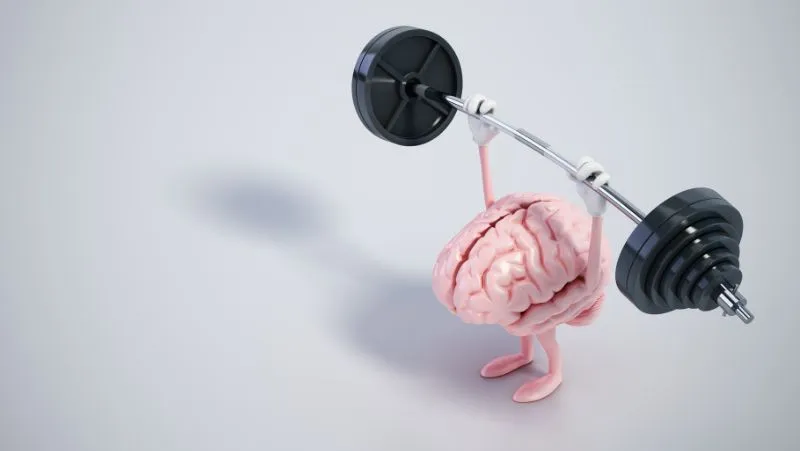
Relationship between cognitive function and brain function
Cognitive function andbrain functionare closely related, and cognitive function is part of brain function.
The following is a list of cognitive functions andbrain functionThis is a pickup on the relationship between
Cognitive function andbrain functionare as closely related as lovers.
Relationship between cognitive function and brain function
- memory
- attentiveness
- intelligence
- emotional processing
- judgment
- memory: : The
Memories are stored in the hippocampal part of the brain and are formed by the function of the hippocampal part.
As cognitive function declines, thememorymay also decrease.
In addition, the brain'sfrontal lobeand temporal lobe functions are also involved in certain types of memory, such as short-term and working memory.
- attentiveness: : The
The frontal cortex, located in the frontal lobe of the brain, is responsible forattentivenessI am responsible for maintaining and switching the
The dysfunction of the frontal cortex has led to theattentivenessDeficiencies and distractions may occur.
In addition, theattentivenessinclude flexibility to switch to suit the environment and the ability to stay focused for long periods of time.
- Intelligence.
The overall function of the brain determines intelligence.
In particular, the function of the frontal and temporal lobes of the brain is considered important.
The frontal lobe is responsible for problem solving, planning, and other higher-ordercognitive abilityand the temporal lobe is involved in intelligence, such as language processing and spatial perception.
- Emotional processing:.
The limber system, including the amygdala and hippocampus areas of the brain, is involved in emotional processing.
Cognitive decline can also affect emotional processing.
In addition, the frontal lobe may be impaired, resulting in difficulty with social judgment, behavior, and emotional regulation, such as self-control.
- Judgment:.
The frontal lobe of the brain is responsible for judgment. Poor function of the frontal lobe can result in impaired judgment.
In addition, because the frontal lobe is associated with many cognitive functions, a loss of function in the frontal lobe can lead tomemoryand ... andattentivenessand language processing, etc., may also decline.
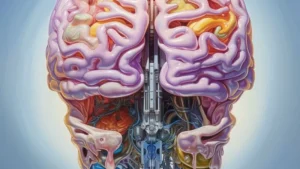
References.


Mechanisms of Ashwagandha's Effect on Cognitive Function
ashwagandha (type of Indian cactus)There are multiple mechanisms by which the effect ofstressMitigation,antioxidant actionThe most common examples are the increase in nerve growth factor, acetylcholine, and the suppression of inflammation.
ashwagandha (type of Indian cactus)The following is a complete description of the cognitive function improvement benefits of
Mechanisms of Ashwagandha's Effect on Cognitive Function
- stressmitigation
- antioxidant action
- Increased nerve growth factor
- Suppression of inflammation
- stressImprovement of cognitive function through relaxation:.
ashwagandha (type of Indian cactus)isstressIt's hormonal.cortisolIt has been shown to inhibit the excessive secretion ofstressPrevent cognitive decline due to
stresscan damage nerve cells in the brain, leading to cognitive decline.
ashwagandha (type of Indian cactus)isstressand prevent cognitive decline by reducing the
- antioxidant actionProtection of cognitive functions by:
ashwagandha (type of Indian cactus)To,antioxidantIt contains flavonoids and polyphenols, which are oxidants in the brain.stresscan be mitigated.
And oxidation in the brainstressleads to decreased neuronal function and is associated with cognitive decline.ashwagandha (type of Indian cactus)The oxidation of suchstressThis has the effect of preventing cognitive decline due to
- Increased nerve growth factor improves cognitive function:.
ashwagandha (type of Indian cactus)has the ability to stimulate an increase in nerve growth factor.
Nerve growth factor improves neuronal survival and function, leading to improved cognitive function.
- Improved cognitive function by reducing inflammation:.
ashwagandha (type of Indian cactus)has an inhibitory effect on inflammation. Inflammatory responses in the brain can cause cognitive decline through neural pathways.
Research has proven that these actions lead to improved cognitive function.
ashwagandha (type of Indian cactus)is promising for improving cognitive function.supplementIt is considered one of the
ashwagandha (type of Indian cactus)There are multiple mechanisms by which the effect ofstressEasing andantioxidant actionand nerve growth factors, and suppression of inflammation. These actions lead to improved cognitive function.
References.


How to take ashwagandha
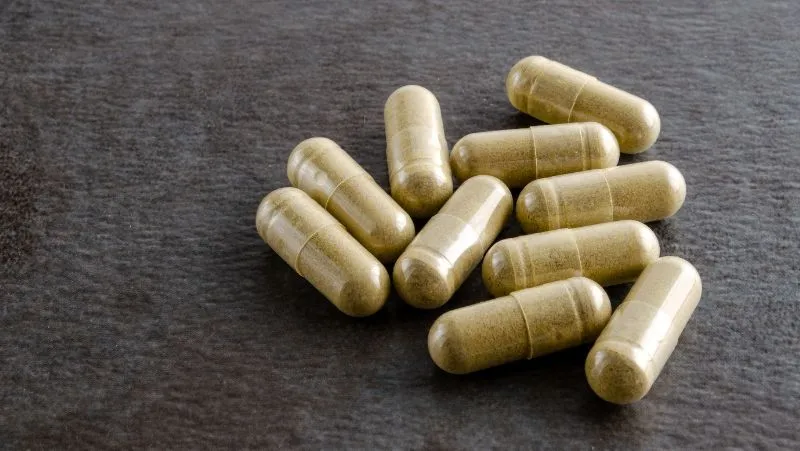
ashwagandha (type of Indian cactus)The following is a brief description of the recommended types and methods of intake of
This section describes how to take it, recommended products, and timing.
Types of Ashwagandha and How to Choose
ashwagandha (type of Indian cactus)There are many types ofKSM-66The type of the product is gaining in popularity.
KSM-66is a high-quality, root-extractedashwagandha (type of Indian cactus)essenceand contains the maximum amount of the active ingredient withanolides.
Therefore, theKSM-66is not the same as the otherashwagandha (type of Indian cactus)essenceIt is believed to be more potent than the
The best recommendation on this site.
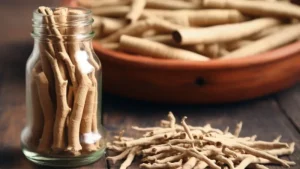
Buy through this link and automatically save 10% or more in your cart.
High quality used in official clinical trialsKSM-66Made of ®. 120 grains.
Dosage and timing of ashwagandha intake
ashwagandha (type of Indian cactus)intake varies from person to person, but generally 300~500 mg is recommended.
In addition, the best time to consume it is before breakfast.ashwagandha (type of Indian cactus)is important for continuous intake.
for the first timeashwagandha (type of Indian cactus)is recommended to start with a small amount and gradually increase the intake.

Ashwagandha Side Effects and Cautions
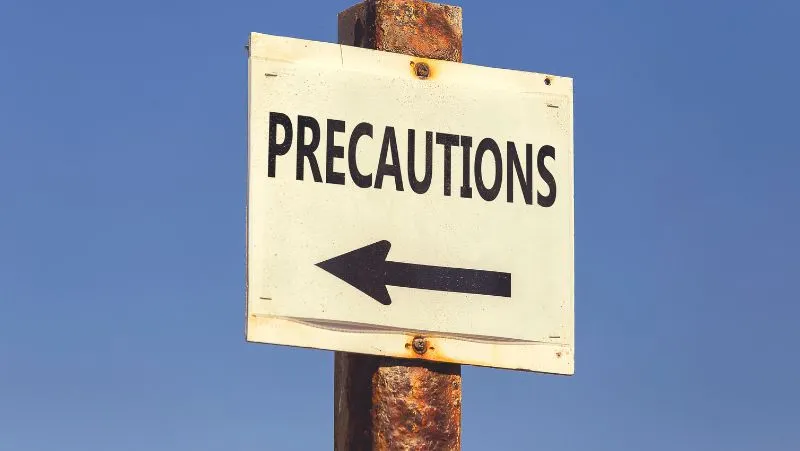
People to avoid.
ashwagandha (type of Indian cactus)There are several people, cases, and situations that should be avoided in the
Please do not really do the following people.
Don't think at all that "I'll be fine."
People to avoid.
- People who overdose
- Pregnant or expecting delivery
- People with gastric ulcer and gastritis
- person with diabetes mellitus
- People with autoimmune diseases
- sleepPeople on medication
- People allergic to eggplant family
For more information, please refer to the following article.

Concomitant use with other drugs
ashwagandha (type of Indian cactus)can be used with other drugs, but with caution.
Especially if you are taking sedatives or antidepressants,ashwagandha (type of Indian cactus)may cause drowsiness and confusion when used in combination with
If you are using these drugs, we recommend that you first consult your physician.
The above is,ashwagandha (type of Indian cactus)(at sentence-end, falling tone) indicates a confident conclusionside effectand precautions.
ashwagandha (type of Indian cactus)is used, it is important to use the appropriate amount and method.
If any symptoms appear, it is recommended to consult a physician immediately.
Summary: Ashwagandha is effective in improving brain function.
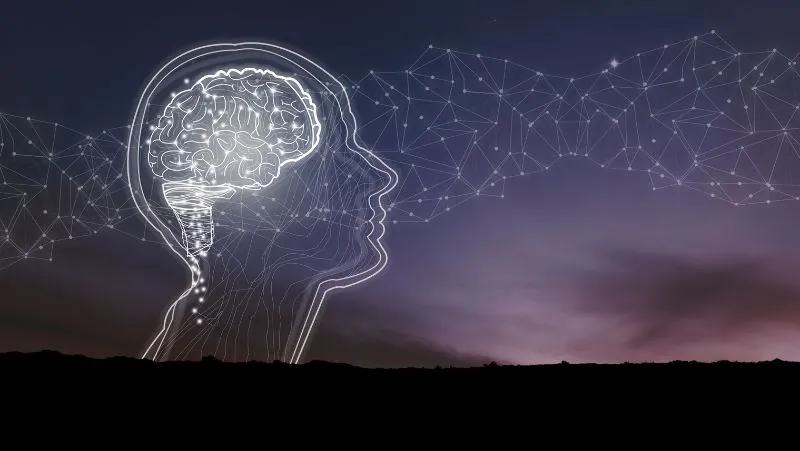
How was it? I would like to conclude by summarizing the contents of this article.
Summary of this article
- ashwagandha (type of Indian cactus)school (e.g. of ikebana)stressEffective in improving cognitive function through relaxation.
- ashwagandha (type of Indian cactus)is oxidation in the brainstressand by promoting an increase in nerve growth factor.brain functioncan be improved.
- ashwagandha (type of Indian cactus)Also explains the amount and timing of intake of
ashwagandha (type of Indian cactus)is cognitive function,stressAnxiety,.depressionResearch is underway on such topics as
ashwagandha (type of Indian cactus)andbrain functionThe mechanism of the effect on dopamine secretion, increased dopamine secretion, andstresshormones, promote neuronal growth, and brainantioxidantincrease, etc.
As a method of intake,supplementand ... andfine powderDried herbs,teebags, etc.
This site is made by Jarrow Formulas, Inc. available on iHerb.supplementis recommended.
That's all for this article. Thank you!
Disclaimer
This site is primarily intended toashwagandha (type of Indian cactus)to provide information about the results of the study and not to provide medical advice.
It is not intended to diagnose, treat, or prevent any specific disease or condition.
Always follow professional advice when using the information on this site.
We also cannot be held responsible for any loss or damage that you may suffer as a result of acting on the basis of the information on this site.
